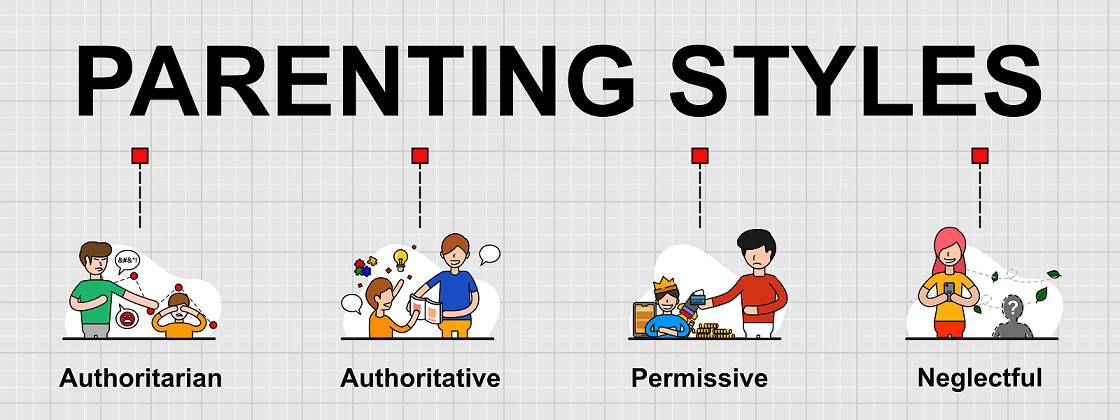In today’s fast-paced world, parents are faced with many challenges when it comes to raising happy, healthy, and well-adjusted children. Researchers have identified four main parenting styles – authoritarian, authoritative, permissive, and uninvolved. But which approach is most encouraged by experts and yields the best results in modern American society?

The Rise of Authoritative Parenting
Over the past few decades, the authoritative parenting style has emerged as the most effective and encouraged method. Authoritative parents balance several key qualities:
- They are warm, nurturing, and responsive to their children’s needs
- They have clear, reasonable expectations and rules
- They explain the reasoning behind limits and enforce consequences consistently
- They encourage open dialogue and independence
This approach differs from the stereotypical “because I said so” authoritarian style of past generations. It also contrasts with permissive parents who place few demands on their children and allow them to do as they wish.
Why Authoritative Parenting Works Best
Studies consistently demonstrate that children of authoritative parents exhibit positive outcomes such as:
- Better academic performance
- Enhanced self-esteem and self-control
- Low rates of depression and anxiety
- Strong social skills and coping abilities
- Reduced likelihood of substance abuse
Experts emphasize that the authoritative approach works because it balances nurture with structure. Children feel loved and supported, yet they also learn self-discipline and responsibility.
Tips for Authoritative Parenting
Putting authoritative parenting into practice requires intention and effort. Here are some practical tips:
- Active listening – When children speak, put down devices and truly pay attention.
- Validate feelings – Acknowledge when kids are struggling without minimizing emotions.
- Model apologizing – Own up to mistakes and apologize to set an example.
- Respect autonomy – Allow age-appropriate choices to encourage independence.
- Pick battles – Don’t sweat the small stuff; save discipline for serious issues.
- Use natural consequences – Let logical outcomes teach lessons when possible.
Challenges for Modern Parents
Despite overwhelming evidence that authoritative parenting produces the best results, many mothers and fathers face hurdles implementing this approach. Pressures such as:
- Financial stress
- Inflexible work schedules
- Lack of parental leave and childcare support
- The impulse to overschedule children
- Technology overload and comparison
Can push parents toward more detached or domineering styles. Self-care and social support are essential for maintaining energy and patience.
Parenting With Confidence, Not Perfection
Additionally, the idealized images of motherhood and fatherhood perpetuated through media often set unrealistic standards. Mothers especially report feeling pressure to be perfect nurturers who have endless time, resources, and emotional bandwidth.
But in reality, all parents lose their tempers, feel overwhelmed at times, and make mistakes. Striving for perfection often leads to feeling inadequate and frustrated.
The antidote is self-compassion, accepting parenting as an imperfect journey. Rather than judging themselves harshly, mothers and fathers can recognize that they are doing the best they can. And they can allow themselves to be good enough.
Supporting the Authoritative Approach
For authoritative parenting to thrive as the new norm, broader societal changes must occur. Policymakers could support families by implementing programs such as:
- Mandatory paid family leave
- Affordable, accessible childcare options
- Workplace flexibility and remote work arrangements
- Tax credits to offset child-raising costs
- Free parenting education and support groups
With structures like these in place, it becomes more feasible for mothers and fathers to embrace the authoritative style. And that is clearly in the best interest of children.
In conclusion, authoritative parenting delivers measurable benefits for kids in today’s rapidly evolving world. It emphasizes engaged, responsive caregiving within a structured environment. Moving forward, cultural attitudes and public policies must align to help this method thrive as the gold standard.



